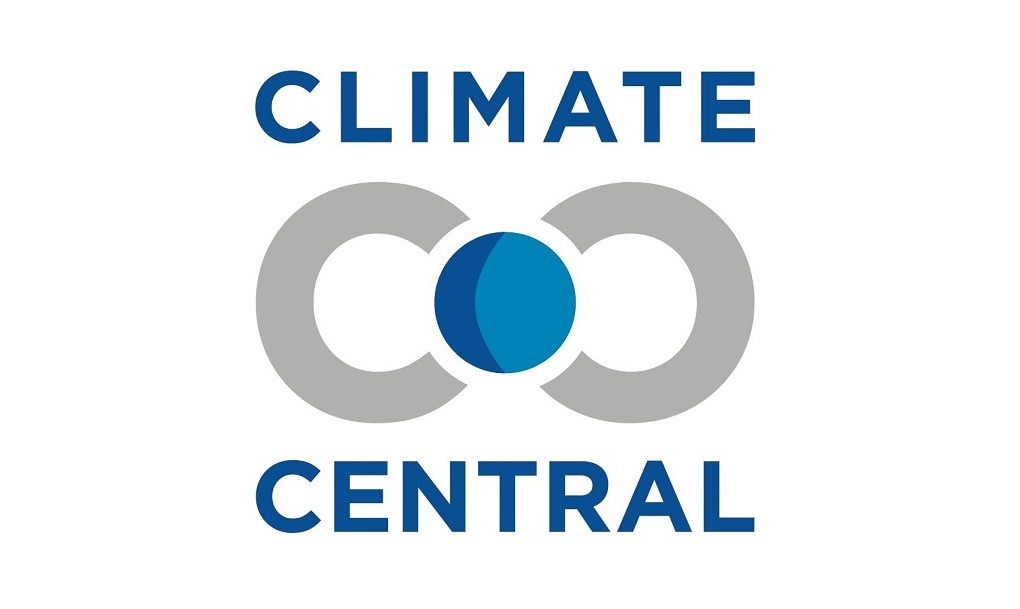The heat is on for one more day in the Mid-Atlantic and Northeast, before scattered thunderstorms are forecast to usher in cooler air for the weekend. The hot weather represents the last gasp of a heat wave that began in the West on June 16-17, moved eastward, breaking records in Chicago as well as contributing to the record flooding in Duluth, Minn., and finally roasting residents of the eastern seaboard.
During the period from June 15-21, 443 daily high maximum temperature records were set or tied across the U.S., along with 588 records for warm overnight low temperatures. This compares with 74 records for coldest high temperature and 130 coldest overnight low temperature records that were set or tied for the same period.
Some of the records set on June 21 include:
Baltimore: 100°F
Washington (Reagan National Airport): 99°F
New York (La Guardia Airport): 98°F
Boston: 96°F
Hartford: 96°F
In Boston, the low temperature on June 21 only fell to 80°F, which set a record for the date and marks only the second time that an 80-degree low temperature was recorded during June. The last time such a warm overnight temperature was recorded was on June 6, 1925, according to the National Weather Service.
By depriving people of much-needed heat relief, warm overnight low temperatures elevate heat wave-related public health risks. Weather forecasters have been especially concerned about urban residents without air conditioning.
Temperature records set or tied on June 21, 2012, showing the concentration of warm records in the East.
For the year-to-date, warm temperature records have been outnumbering cold temperature records in the U.S. by a ratio of about 7-to-1. Over the longer term, daily record-high temperatures have recently been outpacing daily record-lows by an average of 2-to-1, and this imbalance is expected to grow as the climate continues to warm. According to a 2009 study, if the climate were not warming, this ratio would be expected to be even. Other studies have shown that climate change increases the odds of extreme heat events in much the same way as using steroids boosts the chances that a baseball player will hit more home runs in a given year.
Using the “play month” feature on Climate Central’s record temperature tracker, one can see the June heat wave move from the West to the East Coast during the June 15 to 21 period, marked by the warm temperature records set during that time.
One June 17, for example, Denver recorded its second-earliest 100-degree day on record, and set a warm overnight low temperature record as well. The average high for Denver on that date was 83 degrees.
